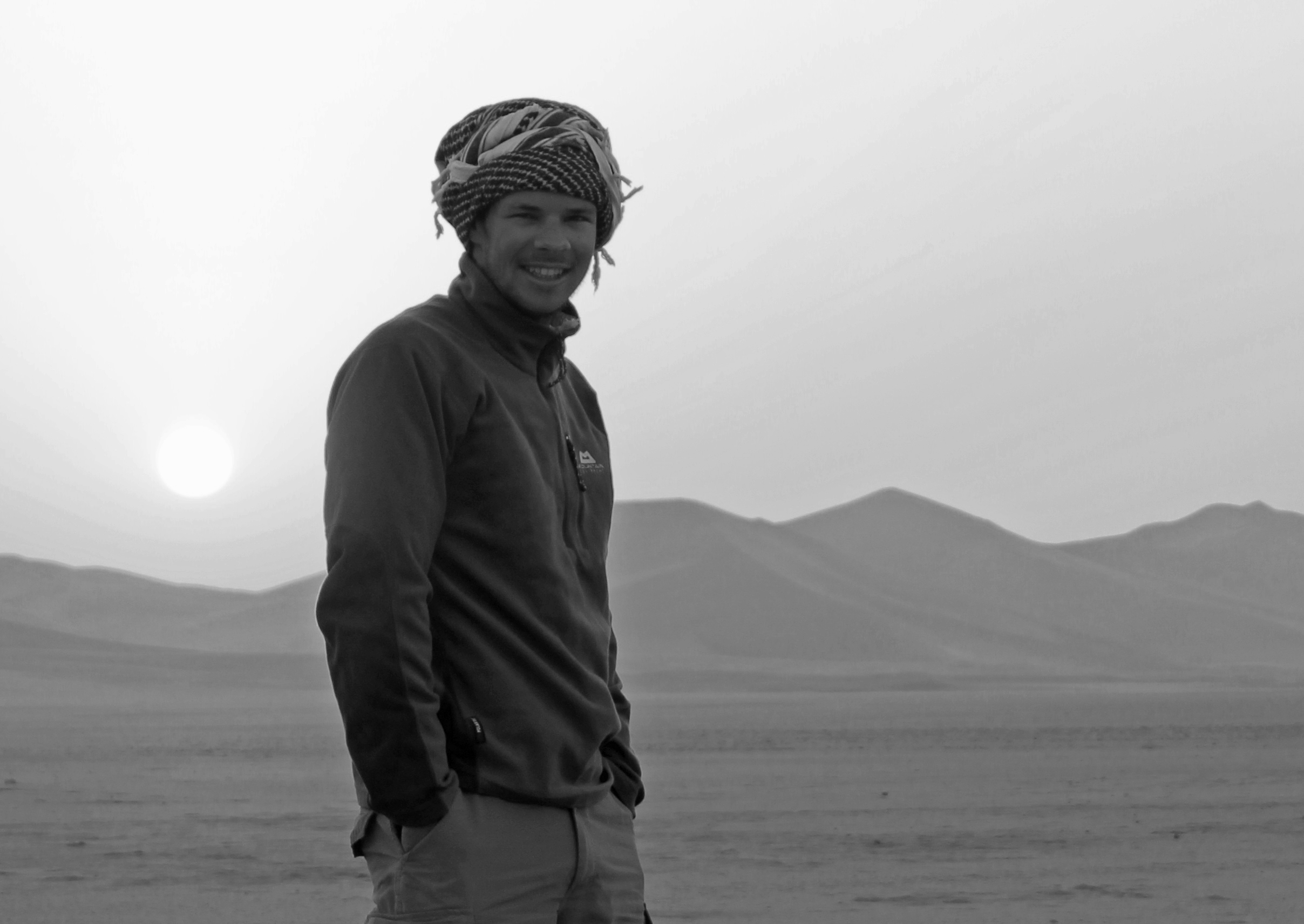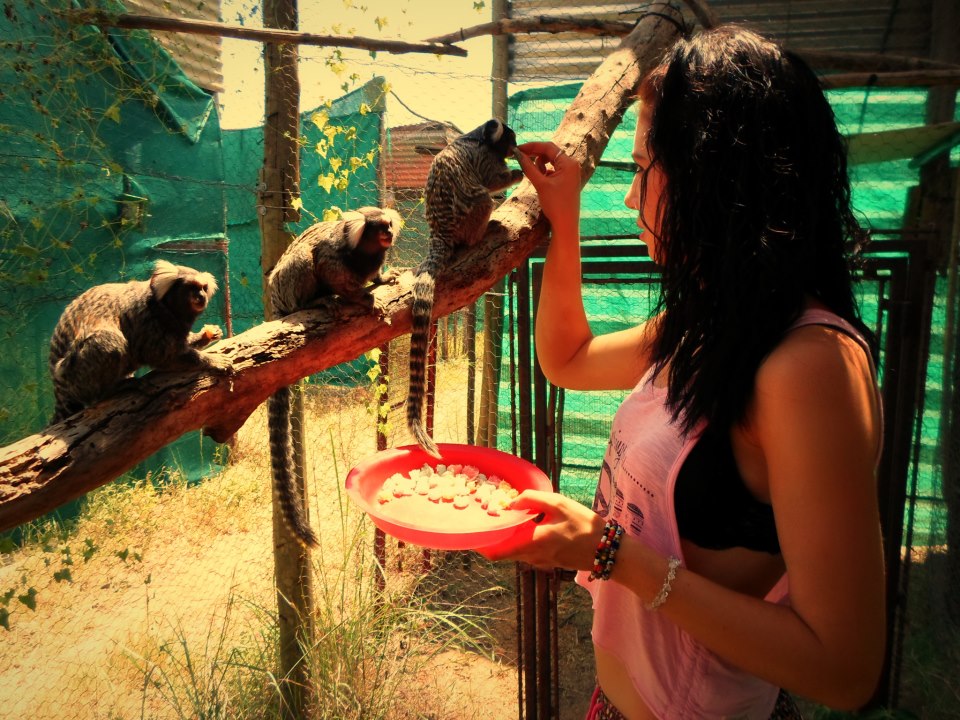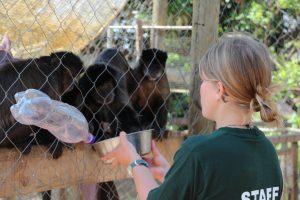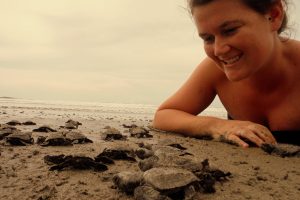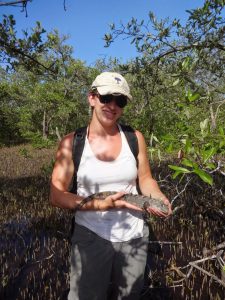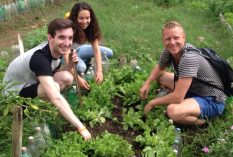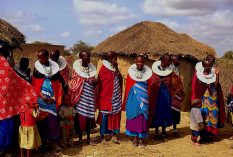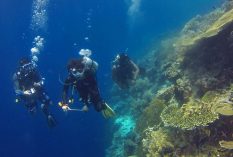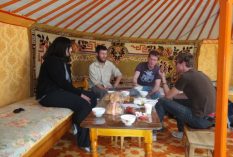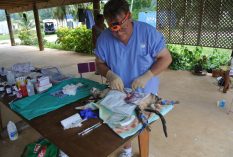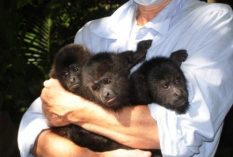Who are you, what do you do and what did you have for breakfast?
I’m a conservation biologist, which I guess is a kind of odd job description. It more or less means I study different aspects of the natural world, partly because it’s just so darn interesting, but also because it’s disappearing and I’d like to help preserve it. Sometimes this means I get to go out on expeditions and fieldwork to collect samples or count plants or animals, but more often it means doing statistics behind a computer!
For breakfast, I had marmalade on toast.
What did you get up to last Tuesday at work?
You picked a good day. On Tuesday I woke up in a woods outside London, having bivied out with my friend Dave Cornthwaite and a bunch of other wonderful people. I hopped back on a train and was in London by 7.30am.
My job on Tuesday was to read and write all about Natural Capital. That sounds like a bit of a yawn, but it’s important because it might one day change the way we look at the world. In the UK we worry about our financial economy a.k.a. how much money we have – we have a lot of debt, so that’s bad.
Now think about our natural economy; our woodlands, rivers, fields and air? They are arguably in a much worse state, so we need to be thinking about how to improve them. One day, we might have a world that invests in Natural Capital, as well as stocks, shares and businesses. Cool huh?
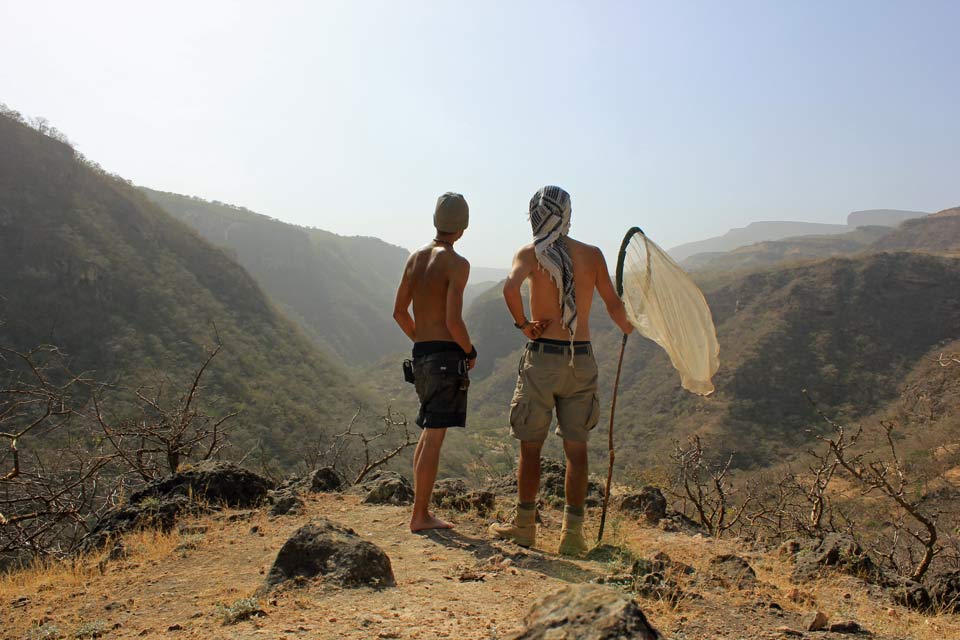
Who or what inspired you to do the job you do now?
I think I would pin it down to three things;
The first, is that as a teenager I found myself on an expedition to Madagascar (I went because I was trying to impress girls). I thought it would be a cool thing to do, but seeing quite how marvellous the natural world is really changed my outlook on life. I guess it was a bit of an epiphany – I wanted to do something to help.
The second is that I accidentally ended up surrounding myself with people that made ridiculously crazy things seem quite normal. I went to Explore at the RGS, started reading Al Humphreys’ blog and went on trips with British Exploring. In that kind of company, if you have big dreams then no-one bats an eyelid, they just encourage you to go and do it!
The last is that I don’t want to have any regrets. In the words of Kipling, I want to ‘fill the unforgiving minute with sixty seconds’ worth of distance run’.
What is needed to succeed in your career?
I think all you need is passion and positivity. I guess conservation can be a quite depressing pursuit, with a lot of set backs, so you have to stay optimistic.
The other thing, that I think really, really helps, is an enormous appetite for reading. You know, most of the solutions to conservation problems are probably out there already. We just have to hunt around for the pieces of the puzzle, and work out how to fit them together.
A willingness to change your mind is useful too, especially if the picture isn’t turning out quite how you imagined it would.
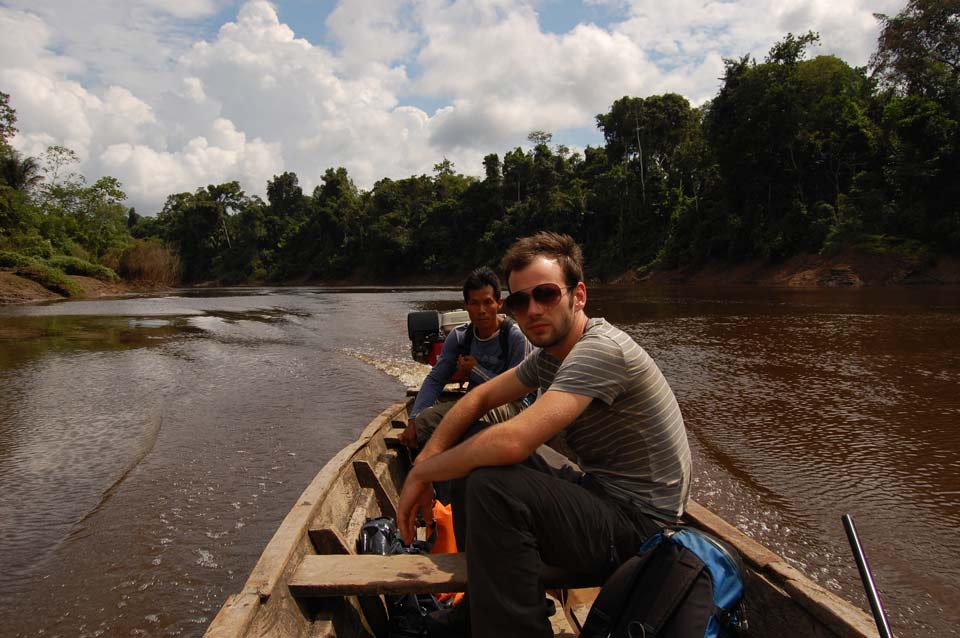
If you could go back and change one thing, what would it be?
You know, I can’t think of much I would change. From when I was about 15-18 I was a rocker and had long hair, that was definitely an error. I cut it all off, and then got a girlfriend. True story.
What is your proudest moment?
There’s lots of things I’m proud of, but as with anything I think it’s best to always look forwards to the future. So I’m always thinking that the next thing will be the biggest and best.
Looking back though, in 2012 we did a big expedition to Oman, which was pretty awesome. Giving a TEDx talk is up there, as is driving around Botswana in a landy, which I still can’t believe we pulled off.
Plus I’m a nerd, so my first research paper is pretty special too me too – it’s about pollen dispersal (told you it was nerdy).
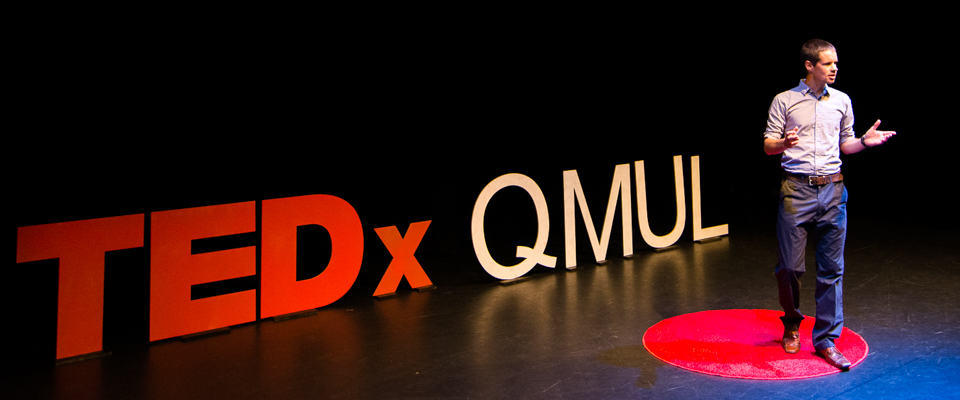
What is your favourite quote?
Ah my favourite quote, a classic. It’s got to be:
“ Do what you love and you’ll never work a day in your life”
I’m not sure who said it, but it’s pretty much the motto of Escape the City, an awesome group of folks.

